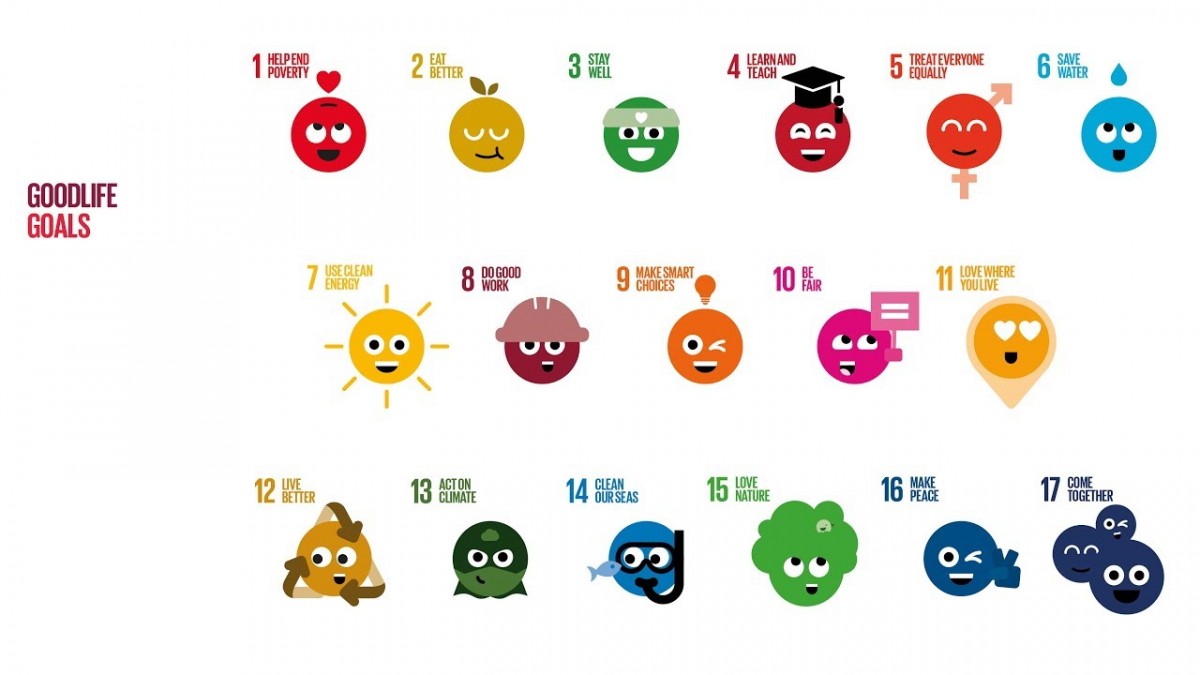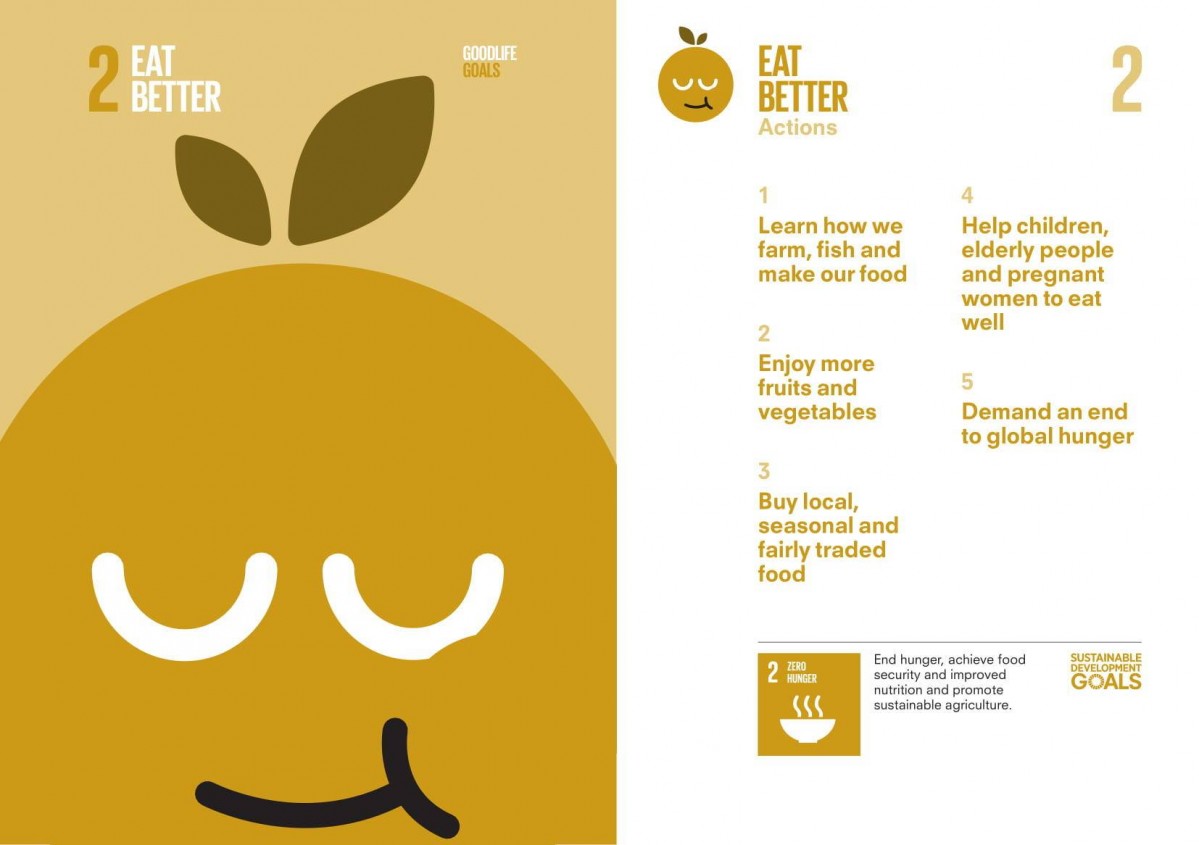- Blog
- green light
- SUSTAINABILITY...
SUSTAINABILITY AS A TOOL FOR EMPLOYER BRANDING
Oct 11, 2019 | written by: Rebecca McNamara
The reputation that a company builds in their market (through investors, suppliers, customers and competitors) is no doubt a result of careful and consistent marketing and communication strategies, but it also comes from within. An employee who feels proud to belong to the company becomes the best ambassador of the brand.
‘Employer Branding’, then, does not only refer to the reputation of the brand in its role as a corporation, but also its ability to convey its values through its employees and collaborators.
The pride of belonging (for lovers of HR Engagement and Corporate Identity) becomes stronger when related to valuable content and initiatives. For this reason, a company's commitment to sustainability issues becomes a very strong lever for Employer Branding.
First steps
The first steps to involve employees is to communicate your sustainability strategy internally, plus the commitment that your company is undertaking to contribute to achieving the global objectives of sustainable development indicated by the United Nations (the so-called SDGs). Invest in training on the Code of Ethics, a charter of values and ethical business principles.
A further step would be focusing on HR projects that allow employees to become company ambassadors. This step requires commitment, in terms of time and resources, but it promises safe returns on investments, in terms of positioning, reputation and brand awareness (knowledge of the brand) in the market. It is important that the company shares a corporate sustainability plan and makes a direct commitment to supporting the objectives of sustainable development.
The Good Life Goals
A particularly interesting tool you can use to build such a project is made available by the WBCSD (World Business Council for Sustainable Development), an international body which has translated the 17 SDGs (Sustainable Development Goals) into 17 Good Life Goals, or small concrete objectives that each individual can adopt to contribute to the global achievement of the SDGs.
It is clear that, for the SDGs to be reached by the established deadline, global mobilisation is needed, across companies, non-profit organisations, consumers, citizens and governments. The 17 Good Life Goals are defined as "personal actions that everyone around the world can take to support the achievement of the Sustainable Development Goals”.

These are small actions that, if implemented over time, can change the lifestyle of each individual and actively contribute to the achievement of the 17 global goals for sustainable growth.
For example the second SDG, which focuses on the commitment to eliminate hunger in the world (zero hunger), translates into the Good Life Goal "eat better”, which can be broken down into a few simple actions:
- Learn how food is grown, fished, bred and produced;
- Increase your consumption of fruit and vegetables (reduce meat consumption);
- Buy seasonal food, as local as possible and produced by companies that respect workers' rights;
- Help children, the elderly and pregnant women to eat properly;
- Ask the institutions in your country to work to eliminate world hunger

This fifth and last suggested action is common to all Good Life Goals; it could be generalised with the suggestion: for every commitment taken by you individually, try to share its content and importance with as many people as possible, so as to be able to contribute to a critical mass of citizens (voters) able to influence the decisions of politicians.
This approach, of enabling a cultural transformation, unites the commitment asked of companies with individuals, and therefore employees.
Use the Good Life Goals to involve employees, perhaps on the SDGs that the company considers to be central to its business and on which it has already decided to invest. Building HR projects aimed at sharing strategic commitments will transform employees into true brand ambassadors. This is a simple, tried and tested idea, with low associated costs (you can download all the necessary materials at www.sdghub.com).

A Best Practice Example
In July 2019, the German company iPoint-systems GmbH presented a webinar on SDGs 13, 14 and 15. The webinar was organised by EASP (European Association of Sustainability Professionals) and allowed the company to share the commitment they had undertaken and to discuss the 3 objectives they had chosen. This engaged their employees, transforming them into true brand ambassadors.
After a brief but effective training course on SDGs and GLGs, mainly focused on goals 13, 14 and 15 (as these were the goals considered core to the company and strategic organisational and investment commitments), the HR Department has launched a contest aimed at all employees. The contest involved choosing one of the actions suggested by Good Life Goals 13, 14 or 15 and committing to modify a related daily habit. The habit must be published on their social network, tagging the company account and featuring a photo and description that testifies their continued commitment. The prize for the most deserving was a certificate of recognition, signed by the President of the Group.
This is an example of how, with very little cost, you can create a success story that encourages:
- Employee engagement (pride of belonging);
- Dissemination of a culture of Sustainability both internally and in the entire social community of the company, through the profiles of employees (transversal, indirect communication lever);
- Positioning and improved brand reputation through internal stakeholders.
According to Richard Branson, founder of the Virgin Group, having happy employees is the key to the success of any business.
Recently, psychologist Christie Napa Scollon told the Financial Times: "Research shows that happy people earn more money, are healthier, more creative and more capable in solving problems", we conclude that a happy employee improves the productivity of the company and an employee involved and proud becomes a social example of the value of that company.
Sources:
https://sdghub.com/goodlifegoals/
https://www.ipoint-systems.com
Written by Roberta Culella, Founder of Q Consulting - consulting firm Sustainability & Corporate Social Responsibility
Website: www.qconsulting-studio.com
Mobile: +39 333 3883 632
Email: robertaculella@gmail.com
Translated into English by Treedom and lightly edited for clarity

